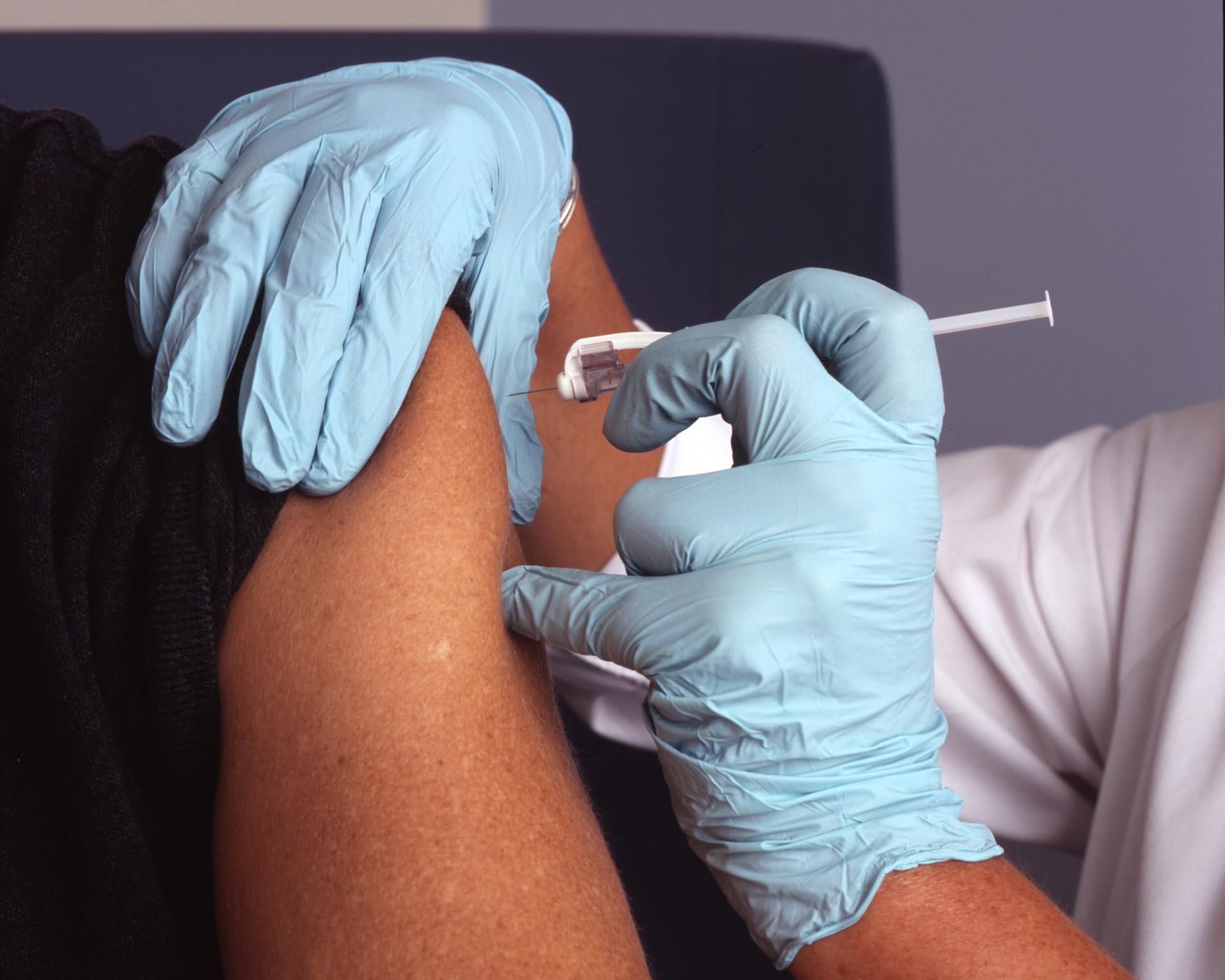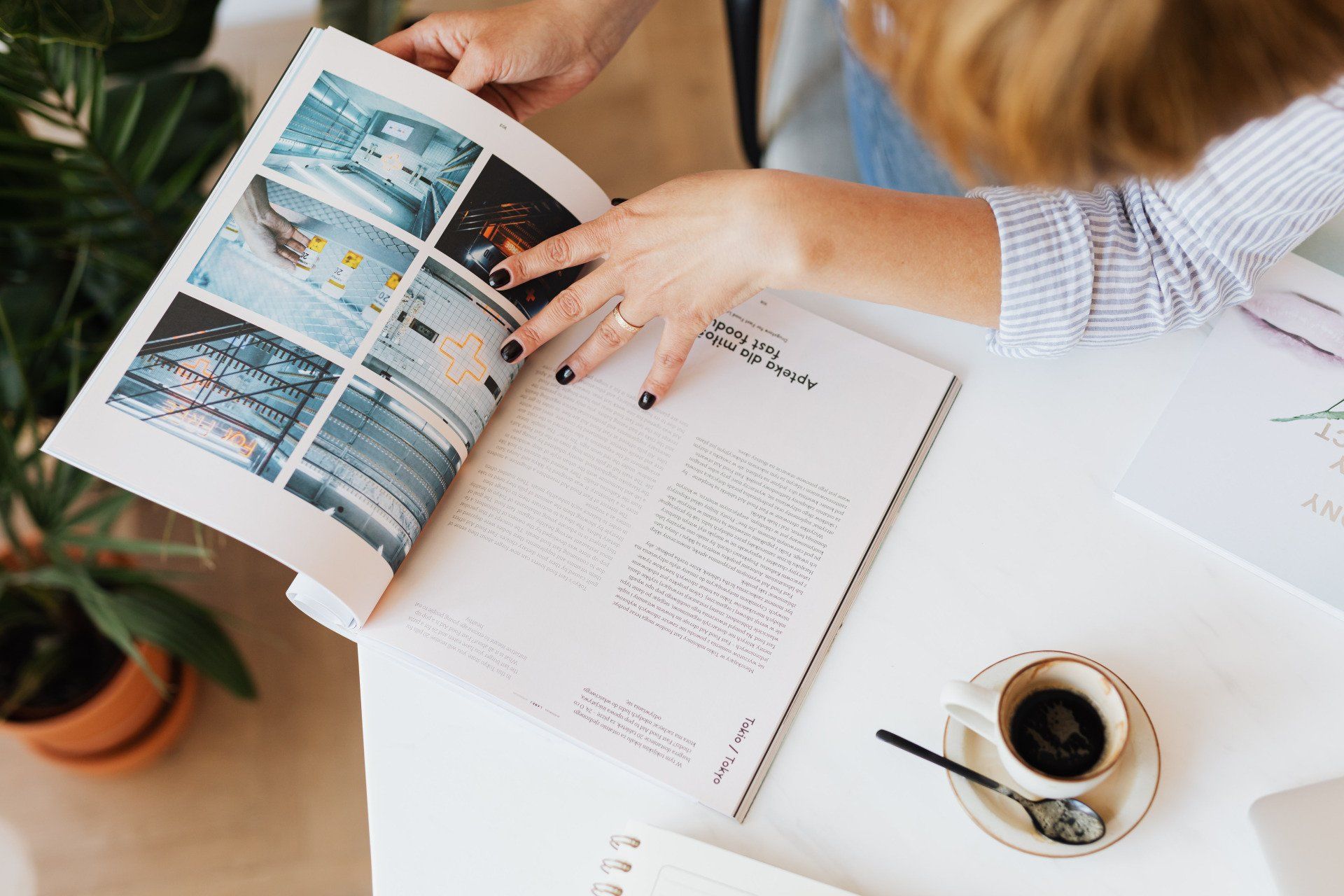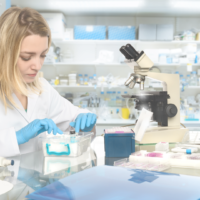Sector Thrives on Market Volatility
Sector Thrives on Market Volatility
David Ryan - Senior Consultant, IT
Amongst the stories of COVID-induced economic turmoil and unemployment, there’s the odd organisation and sector that’s painting a more positive picture.
One of those thriving right now is the Quantitative and Systematic Trading Community where volatility is the perfect recipe for success.
And these key high frequency, high-tech trading firms remain focused on hiring the very best talent to take advantage of the uncertain market conditions, according to Tardis Group London-based Senior Recruiter David Ryan.
David says these organisations are in search of the top 1-2% in software engineering and technology who can build the systems, infrastructure and tools that enable optimal trading outcomes.
‘Market volatility has increased drastically since COVID-19 and that volatility is critical for this sector,’ he said.
‘While there are a few organisations that have been caught on the wrong side of trades and have lost a lot of money (and a couple have gone under), there are many hedge funds, proprietary trading firms and financial institutions that have experienced record-breaking days of profit and are set to have their best year of trading yet,’ David said.
‘Quantitative trading firms who have invested in advanced technology, data, quantitative research, and collaborative use of these tools are in good stead.’
David said trading firms had adjusted to working remotely and with the demand for additional team members, new employees had been successfully on-boarded remotely.
‘Until now, most systematic trading firms have avoided remote work to maintain company culture/collaboration and to protect proprietary information. COVID-19 has presented options for the future of these organisations and they’ll be considering long term remote working, understanding that they can save on office space and gain access to a wider and more diverse talent pool.’
David Ryan and the London technology team source this talent for proprietary trading firms, hedge funds, crypto trading teams and start-ups.
‘We’ve had a lot of success in this community and we’ve only just scratched the surface,’ he said.












